All rights reserved. No part of this book may be reproduced in any form without permission from the publisher.
Library of Congress Catalogue Number:
2012931434
ISBN: 9781626750876
Copyright Diane L. Klutz 2012.
Cover and book designer: James Retherford/Hot Digital Dog Design.
Copy Editor: Robert Juran
Printed in USA: Patterson Printing Company, Benton Harbor, MI
First Printing
TRI-STAR BOOKS
***
DEDICATION
This story is dedicated
to all the military nurses
who volunteered to care
for the physically and
mentally wounded soldiers,
the dying soldiers,
and the civilians
in South Vietnam
It wasnt easy,
and it still may not be,
but you did it anyway.
Prologue
A Little Background First
BEFORE I BEGIN MY STORY, I need to set the stage by giving you a sense of knowing me: who I was and how that may have led me to the Viet-nam War.
My life began in a rural community of about 200 people in southwestern Pennsylvania, close to the border of West Virginia. A fort established in the early 1700s, called Fort Taylor, formed the basis and hence the name for the townTaylorstown.
Patriotism flowed through Taylorstowns blood in proportions equal to that of red or white blood cells. My family and I shared the commonality of patriotism so evident in the community. Im proud to say that there has been at least one member of my family in every war since the forming of the colonies: from the French and Indian War through the current wars in Iraq and Afghanistan.
The first five years of my elementary education were in a four- room schoolhouse, and the sixth grade was in a single-room school-house. There was no indoor plumbing in our schools, but at least there were separate out-houses for girls and boysthree-holers at that. My grandmother only had a one-holer. Anyway, by the time I reached junior high a new school was built, with indoor plumbing and everything.
I graduated from high school in June 1966, and two months later I started nurses training in a girls-only school in a hospital north of Pittsburgh. I was seventeen and I had never been away from home before, and, I was a little nave since there were three boys and just one girl (me) in our family. Actually, I was so nave that I thought feminine napkins were table napkins used exclusively by ladies. It was after myk girlfriend and I got caught by a teacher, while carrying a box of these napkins from the ladies bathroom to the cafeteria, that I learned what they were actually used for I was so embarrassed.
I was so embarrassed.
In nursing school, I lived in the dorm with the other nursing students. In fact, everyone lived in the dorm married or not, children or not. This was usually not an issue, because marriage was forbidden until the student was close to graduation. However, a few girls came into the program married, and one of my classmates was divorced, with custody of her two children. But no matter what the circumstances were, without exception, everyone stayed in the dorm.
The dorm was connected like an umbilical cord to the hospital and much like living in a wombvery protected and structured. We ate, slept, studied, and did nearly everything according to set rules. While freshmen, we were allowed out of the building for free time only from 6 to 8 p.m., Monday through Thursday. On Friday and Saturday we could stay out until 10 p.m. Juniors were permitted to stay out to 9 p.m. on weekdays and seniors till 10. Everyone had to be back in the dorm by 8 p.m. on Sundays. All classes were held in the basement of the dorm, and a few were in the hospital area. Meals were in the student cafeteria, also located in the basement. Except when we had specialty training rotations, we incubated and grew into nurses within the uterus of the hospital.
After thirty-six straight months of confinement, the womb opened and I graduated. It was August 1969 and I was twenty years old. I worked in a local hospital for four months after graduation. The first week of January 1970 I was commissioned into active duty as a second lieutenant in the United States Army Nurse Corps. The following week Mom and Dad drove me to the airport in Pittsburgh, and even though it was snowing, they stood outside, watching as I climbed the steps, and after a final wave I disappeared into the plane.
I wish to salute you young women who are about to become Army nurses! You will take the first steps today.

 Lieutenant-Colonel Wylie addressing the new recruits. Helen Wells, Cherry Ames, Army Nurse, p. 56
Lieutenant-Colonel Wylie addressing the new recruits. Helen Wells, Cherry Ames, Army Nurse, p. 56
Basic Training
I FELT LIKE AMELIA EARHART heading across the Atlantic as I joined the plane full of newly commissioned Army nurses heading for basic training at Fort Sam Houston in San Antonio, Texas. Most of us had never left Pennsylvania, yet alone visited Texas, and we were so excited to be going to the home of the Alamo.
Fort Sam Houston, Fort Sam for short, was the training site for all Army medical personnel. Nurses, doctors, dentists, physical therapists, and all other officers in an Army medical field had to successfully complete the six-week basic training course at Fort Sam.
It was January 1970, and by the time we arrived on post the sun had long ago settled into the western sky. Most of the rooms in the nurses dorm were already assigned, so many of us from the Pittsburgh area were housed in the married officers dorm. These quarters additionally housed the male nurses along with married nurse couples, physicians, and dentists. Even though men and women didnt have to share bathroom facilities, it still seemed strange to see men in the hall, especially in their underwear.
I guess the Army did its best to prepare the nurses for military service. We had day-long lectures about weapons of all makes and sizes, tactical maneuvers, military protocol, war strategy, and other stuff too boring to remember. And we marchedin heels, combat boots, dress uniforms, and pants.
We participated in field exercises, which were actually fun. We experienced the fine culinary delight of C-rations and food served in a mess tent. We removed shrapnel and debrided wounds on goats, set up and took down medical tents, and suffered through tear gas instruction, while wearing full combat gear.
We were even set loose in the middle of the wilderness at Camp Bullis with a navigation map and a compass. Presumably, we were to find our way back to camp, but our group got lost. Fortunately there were warrant officers in helicopters chomping at the bit to rescue any stray nurses, so it wasnt long before help arrived.
What the army did not prepare us for were the men. Willing and able officers were everywhere, just waiting for an opportunity to take out a new recruit. And there was always a band playing at either the senior officers clubs or junior officers clubs. Because several of the clubs stayed open until the wee hours of the morning, and there was no curfew, I occasionally had two or three dates in one night. Shamefully, a few times I got back to my room just in time to wash, fix hair and makeup, change into my uniform, and run to formation.
I now am, she reminded herself, remembering her oath of office, by act of Congress, an officer and a Lady.
 Helen Wells, Cherry Ames, Army Nurse, p. 56
Helen Wells, Cherry Ames, Army Nurse, p. 56
The Reflecting Pool
I SUPPOSE THE LACK of sleep accounted for my inability to absorb much during class time, especially when the finer points of the disciplined military life were discussed. In fact, I pretty much ignored the whole thing, because I was focused on another topic: having fun.
Next page
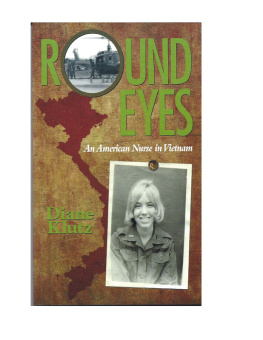
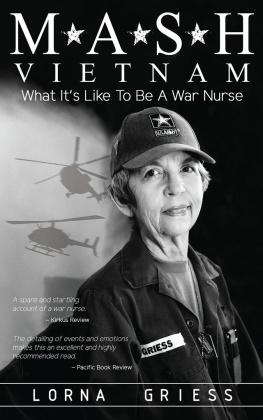

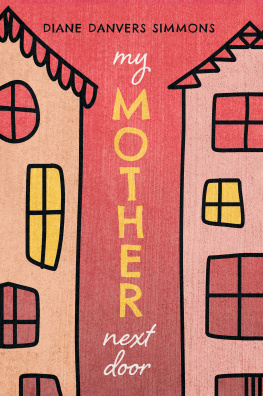
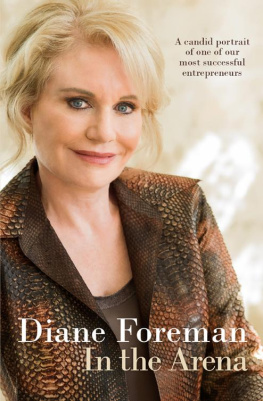

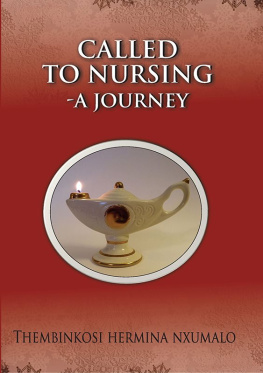
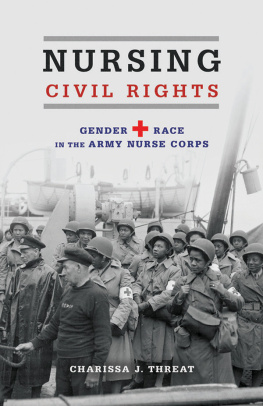





 I was so embarrassed.
I was so embarrassed.